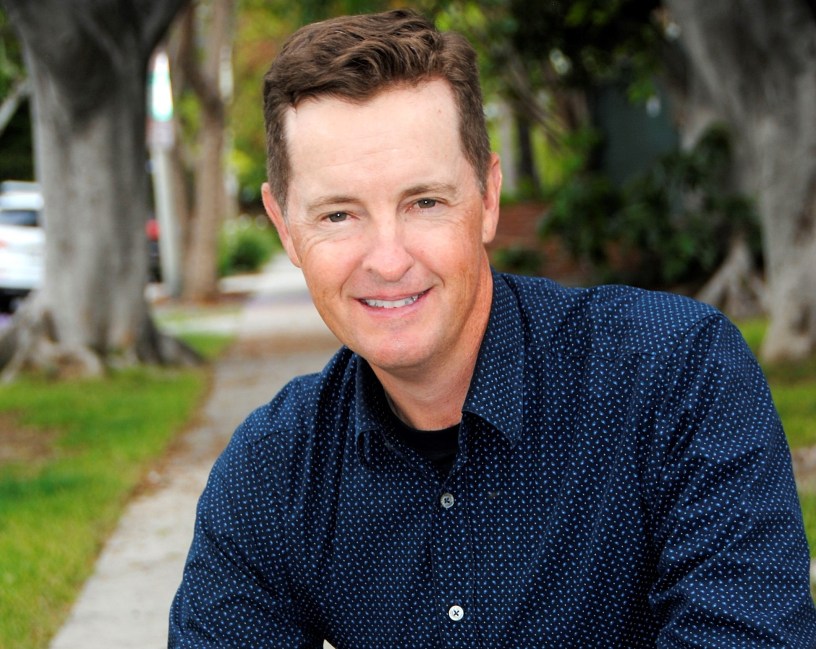For author Matthew Reilly, a shorter path doesn’t guarantee an easier finish.
The writer and soon-to-be director of Netflix action film Interceptor has worked on screenplays between publishing his bestselling novels, a number of which have also been optioned for films.
He told IF that while penning a script was less time-consuming, the next steps were sometimes the hardest part of the journey.
“Getting a book published is really hard but getting a screenplay turned into a movie is a thousand times harder,” he said.
“The barriers to entry in the film business are so high in terms of sheer cost, in comparison to a book, where it is you, your editor and your publisher at the publishing house.
“For a screenplay to become a movie, you not only need all the planets to be in alignment but you need to fire a pistol from the surface of Mercury and it’s got to go through flaming hoops on each planet.”
Reilly has experienced the pitfalls of film production at multiple points throughout his career.
In 2007, he sold a spec television screenplay pilot for a “Sex and the City in the publishing industry” style show, only to have the project killed as a result of the writer’s strike.
His 1998 novel Ice Station was due to be adapted by Paramount Pictures but suffered the same fate due to an executive vacating his position.
With 2014’s The Great Zoo of China, Sony optioned the book and had a script from screenwriter Rowan Peckham before encountering issues with the director, who ended up leaving the project.
Reilly said the experiences have given him a greater appreciation for his upcoming project, which begins shooting in Sydney later this month.
“People hear about the successes, they never hear about the galactic failures,” he said.
“The fact that we are where we are now, racing towards our shoot on March 29 is a minor miracle.”
In Interceptor, Elsa Pataky will play an army lieutenant who must utilise her tactical training and military expertise to save humanity after 16 nuclear missiles are launched at the US, and a violent coordinated attack simultaneously threatens her remote missile interceptor station.

Reilly wrote the script for in 2017, enlisting the help of screenwriter and director Stuart Beattie, who also produces alongside Matthew Street and Michael Boughen.
He said Beattie’s contribution was borne out of a reciprocal work-sharing friendship that began in 2015, not long after he moved to Los Angeles.
“I was introduced to Stuart through [Wolf Creek director] Greg McLean and we have since become great friends,” he said.
“As writers, we share our work with each other and are both positive.
“After reading, he called and said ‘I love this but would you mind if I had a run at it?’
“In four days, he made my script 20 per cent better; it was literally a screenwriting masterclass.”
Reilly said his decision to step into the director’s chair for the first time also helped shape the story.
“In order for them to let me direct it, I needed to keep it contained,” he said.
“I couldn’t do a story like I do with my novels where I blow up aircraft carriers and have giant car chases.
“I had to do something with a central location so the budget didn’t blow out and I wanted high stakes, which comes from the nuclear missiles and the intercepting of them.
“The other thing I wanted was a woman who basically stand toe-to-toe with a large assortment of male villains.”
The film’s shoot at Artamon will be a homecoming of sorts for the author, who grew up in the nearby suburb of Willoughby.
He said while other locations were considered, he was “very pleased” with the project’s final landing place.
“I was very happy to do it in Australia and it could have been in the Gold Coast, Byron Bay, or even Alstonville,” he said.
“It’s kind of nice it is happening in the old ABC studios at Artarmon because I know that area quite well.”
Interceptor is slated for theatrical release in Australia at the end of 2021, before being screened globally via Netflix in the first quarter of 2022.


